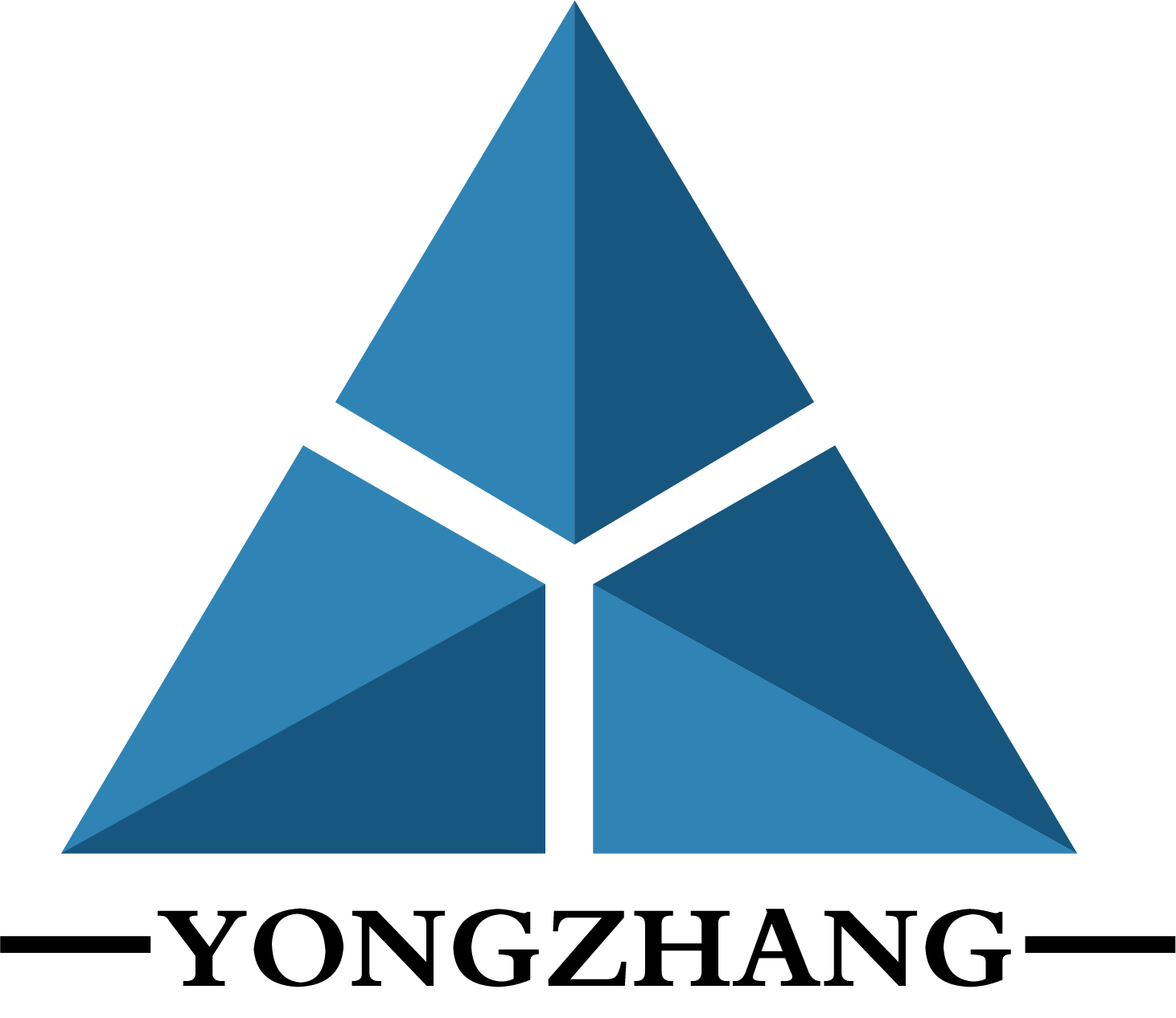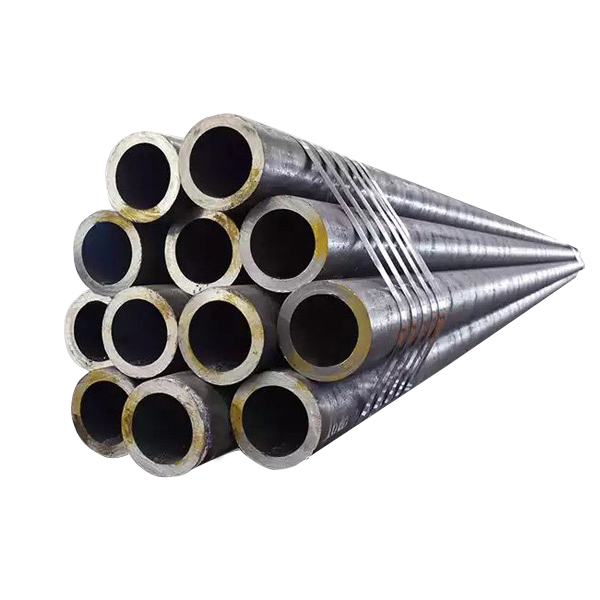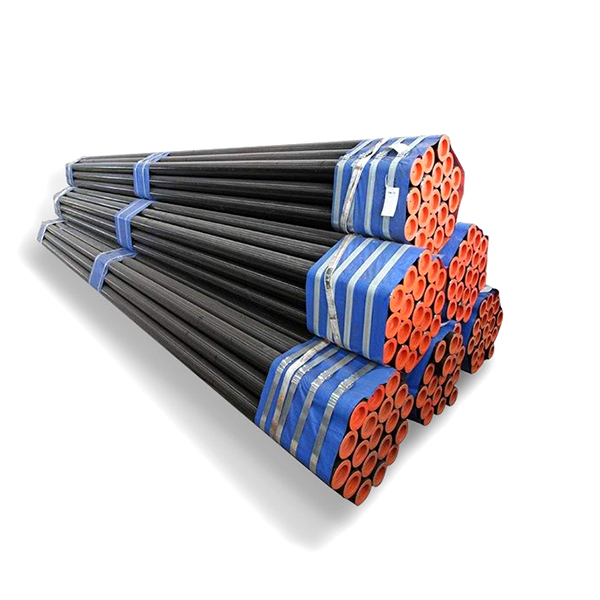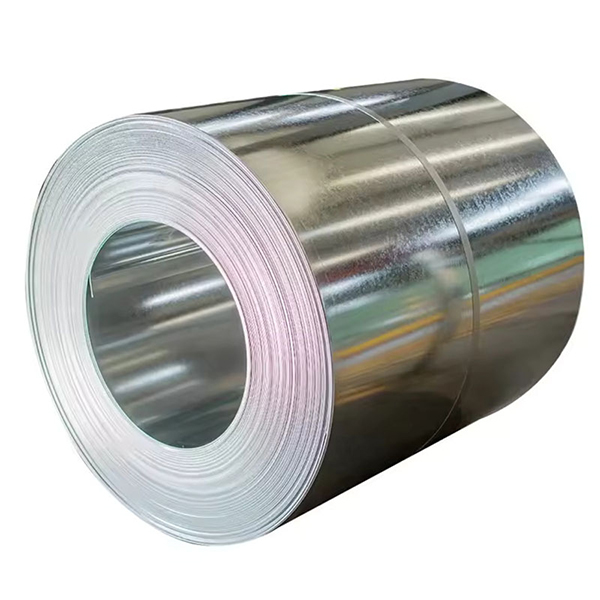The manufacturing process and application fields of steel coils
Steel coils are not only widely used in construction and manufacturing, but also in multiple fields such as automobiles, shipbuilding, and home appliances. This article will introduce the definition, types, manufacturing process, application fields of steel coils and their impact on economic development and industrial production.
What is steel coil?
Steel coil is a coil made by rolling steel plates into specific thicknesses and shapes. They usually have good formability and excellent mechanical properties, and are easy to undergo processing operations such as shearing, bending and welding. Due to its high strength and elasticity, steel coils are widely used in various industrial fields.
There are various types of steel coils. According to different standards, they can be classified as follows:
1.Cold-rolled steel coil: It is made by reprocessing hot-rolled steel coil at room temperature. It features high precision, smooth surface and uniform thickness, and is mainly used in industries that require high strength and precise dimensions.
2. Hot-rolled steel coils: Produced through high-temperature rolling processes, they are characterized by good plasticity and toughness, as well as excellent welding performance. They are often used in structural components that require welding and load-bearing vehicle frames, structural parts, etc.
3. Galvanized steel coil: The surface of the steel coil is galvanized to enhance its corrosion resistance and is widely used in the construction, home appliance and automotive industries.
4. Stainless steel coil: It features corrosion resistance and high-temperature resistance. Stainless steel coils are mainly used in industries that require high durability and cleanliness, such as chemical engineering and food processing.
The manufacturing process of steel coils mainly includes the following steps:
1. Smelting: Iron ore, coke and limestone are melted into molten iron in a blast furnace, and then the molten iron is converted into crude steel through a converter.
2. Casting: Molten steel is poured into a mold and cooled to form a billet or continuous casting billet.
3. Rolling: Heat the billet to an appropriate temperature and pass it through multiple rolling processes to obtain steel plates of the required thickness. According to different temperatures and processes, it is divided into hot rolling and cold rolling.
4. Annealing and surface treatment: Through the annealing process of heating, holding and cooling, the physical properties of the steel coil are improved, and surface treatment (such as pickling, coating and plating) is carried out to enhance its corrosion resistance and aesthetic appearance.
Due to its excellent performance and diverse specifications, steel coils are widely used in various fields:
1. Construction industry: Steel coils are used to manufacture steel beams, steel columns, roofs and walls in building structures, ensuring the stability and safety of buildings.
2. Manufacturing Industry: In mechanical manufacturing and heavy equipment, steel coils are used to produce various mechanical parts, equipment casings, and pipes, etc.
3. Automotive industry: Whether it is the body or chassis components, steel coils are important materials in automotive manufacturing, ensuring the strength and safety of the vehicle.
4. Home appliance industry: The outer shells and internal structures of home appliances such as refrigerators, washing machines and air conditioners are all manufactured through steel coil processing.
5. Shipbuilding industry: Steel coils are widely used in hulls, cabins and various components to cope with the challenges of seawater corrosion and extreme environments.
Steel coils, as indispensable basic materials in modern industry, have promoted the development of various industries with their excellent physical properties and wide application fields. Understanding the types, manufacturing processes and application fields of steel coils not only helps to improve the efficiency of industrial production, but also provides important references for enterprises to make strategic decisions. With the continuous advancement of technology, the performance and manufacturing process of steel coils will also keep improving, injecting new impetus into the global economy and industrial development.





